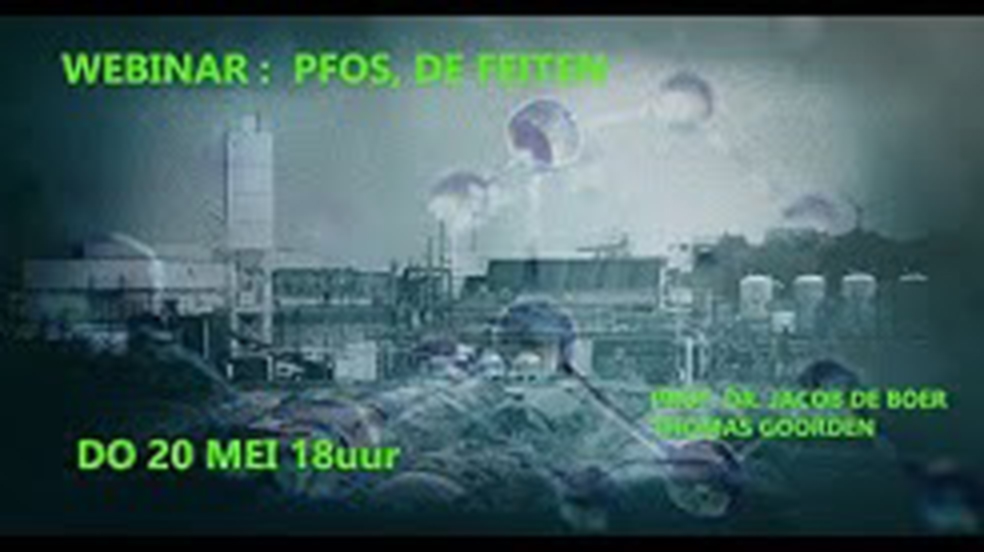30.06.2024 | Grondrecht
Zwijndrecht: Stortplaats De Sterhoek vraagt versoepeling voor lozing van korte keten PFAS
De stortplaats De Sterhoek, gelegen in Kruibeke/Zwijndrecht en eigendom van de Vlaamse Waterweg, heeft een aanvraag ingediend voor de versoepeling van de lozingsnormen voor korte keten PFAS.
De stortplaats De Sterhoek, een stortplaats van categorie 2, werd tot nu toe gebruikt voor niet-gevaarlijk afval en baggerspecie. De Vlaamse Waterweg, eigenaar van de stortplaats, heeft sinds 2023 aanzienlijke investeringen gedaan om te voldoen aan de lozingsnormen. Uit de PANO-reportage ‘Vlaanderen vervuilt’ bleek echter dat de stortplaats veel te veel Bisfenol A, uranium en andere zware metalen in het milieu loosde.
Momenteel loopt er, tot en met 30 juni, een openbaar onderzoek waarin de stortplaats een versoepeling aanvraagt van de lozingsnormen voor korte keten PFAS. De aanvraag omvat een lozingsnorm die vijf keer hoger is dan de huidige norm voor PFBA en 1,5 keer de norm voor drie andere korte keten PFAS. Uit de bijbehorende studie blijkt duidelijk dat deze korte PFAS-componenten zeer moeilijk, zo niet onmogelijk, uit het percolaatwater van de site te verwijderen zijn. De studie benadrukt dat PFBA een bepalende factor is in de werking van de waterzuivering op de site, die momenteel bestaat uit een bezinkingsbekken, een zandfilter en vijf actieve koolfilters.
De hoeveelheid PFAS in het Scheldewater overschrijdt nu al de toegestane limieten. In Nederland is bijvoorbeeld het vissen in de Westerschelde verboden vanwege de hoge concentraties PFAS in het water. Het “PFAS-bad” is duidelijk verzadigd, en er is dringend meer onderzoek nodig naar de toxiciteit van korte keten PFAS en naar methoden om deze uit het milieu te houden. Een mogelijke versoepeling van de lozingsnormen door het Departement Omgeving zou in strijd zijn met het voorzorgsprincipe en de bescherming van mens en milieu.
Er zijn echter alternatieven beschikbaar, zoals het opvangen van het percolaatwater om het later, wanneer de juiste zuiveringstechnieken beschikbaar zijn, verder te behandelen. Doorgaan met de huidige bedrijfsvoering zonder adequate maatregelen zou een bewuste keuze zijn voor verdere vervuiling.
De Vlaamse Waterweg vraagt om een versoepeling “in afwachting van efficiëntere zuiveringstechnieken voor korte keten PFAS”. Het feit dat de vergunning geen einddatum heeft, geeft echter te veel ruimte aan het bedrijf, waarbij de regelgevende overheid de controle en het initiatief uit handen geeft. Door een tijdelijke norm in te voeren, zou de overheid in de toekomst opnieuw kunnen evalueren welke technieken beschikbaar zijn en deze opleggen, zodat ze ook daadwerkelijk worden toegepast.



